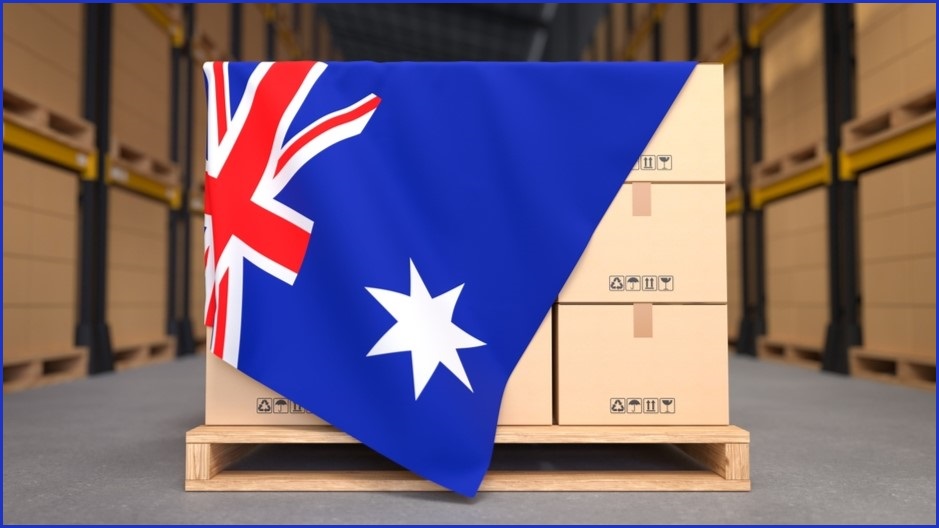The Australian quantum sector will now face harsh criminal penalties if it shares information or technology, even accidentally, with individuals from overseas after quantum technology was brought under the export control scheme.
The Department of Defence unveiled the first changes to the Defence and Strategic Goods List in three years, with quantum computers officially added.
The list specifies the goods, software and technologies that are regulated under the Australian export control legislation, categorised into military and dual-use technologies.
Items listed require a permit when being exported, supplied, brokered or published with an individual from anywhere except for the US and UK.
The updated list now includes high-level quantum computers – those with 34 or more qubits and a two-qubit gate error rate.
The Defence Department has acknowledged that quantum computers of this level do not currently exist, but has proved promptly to control their export once they are developed.
“Industry producing computers which do reach these thresholds in future will need to apply for permits,” the Department said.
“Research and development prior to reaching these thresholds should not be affected.”
Under criminal penalties passed by Parliament earlier this year but not yet in effect, if these sorts of quantum technologies are exported without a licence, even by accident, the responsible individual will face up to 10 years imprisonment.
The legislation also specifies that there is no criminal defence for this act, and that it applies to the sharing of quantum computer information and technology to a foreign individual even if this occurs within Australia.
A spokesperson for the Department of Industry, Science and Resources (DISR) told SmartCompany that quantum computing presents a “significant economic and strategic opportunity for Australia”.
“Importantly, Australia, the United Kingdom and the United States have established an export licence-free environment, unlocking billions of dollars of investment and cutting red tape for Australian industry and our AUKUS partners,” the spokesperson said.
“DISR will continue to work with Defence to ensure the quantum sector understands the new requirements and to listen to their feedback.”
AUKUS alignment
The Defence Trade Controls Amendment Act 2024, approved by Parliament earlier this year, also created an export licence-free environment with the UK and US, as part of the AUKUS agreement.
This means there will be no barriers to defence trade, collaboration, co-development, research and innovation, with licences not required for the export of items to these two countries.
An element of this agreement is the alignment of export control rules to ensure a smooth process, and this led to the updated list including quantum.
While Australia has followed a number of other nations, including the UK, France and Netherlands, in adding quantum to its export control regime, the associated penalties are far higher than in comparable jurisdictions.
This has led to major concern within the quantum industry, and calls for Australia to align its criminal penalties with other nations.
“We are now looking for the Department of Industry, Science and Resources to support a harmonisation of the asymmetric penalty structure with the US in order to ensure Australian innovators don’t face extreme criminal penalties which don’t apply under similar conditions to our peers in the US and UK,” Australian quantum technology company Q-CTRL CEO Michael Biercuk posted on LinkedIn.
In a statement, the Department of Defence said that the new scheme does not constitute a blanket ban on the export of quantum technologies, and will instead lead to “confidence that Australia adequately controls these technologies”.
“The controls associated with these technologies do not ban their export or collaboration – rather, in certain instances, permits for such activities may be required,” a Department spokesperson said.
The federal government unveiled Australia’s first National Quantum Strategy last year, with an aim to make the country a world-leader in the space, with five key themes.
Earlier this year the Labor government announced a $940 million investment in US firm PsiQuantum, split evenly with the Queensland government.
This investment will see PsiQuantum attempt to build a fault-tolerant quantum computer in Brisbane.
The deal has led to concerns over the large funding of a company based overseas, the more than $3 million spent on legal advice surrounding it and the more than $2.5 million allocated annually to manage the contract.










